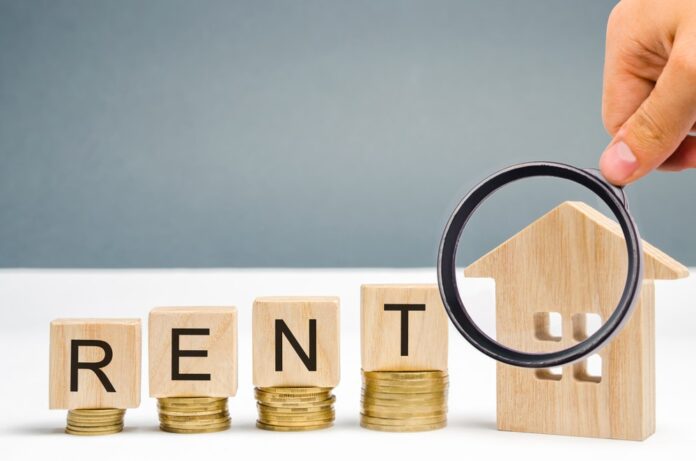Research from Hamptons shows that pandemic-led forces mean it is now cheaper to rent than buy a home for the first time since December 2014.
For a first-time buyer with a typical 10 per cent deposit*, it was £71 per month (or 7 per cent) cheaper for them to rent a home in Great Britain in May 2021 than it was to buy it. This means they would have spent a monthly average of £1,054 on rent compared to £1,125 on mortgage repayments.
This is in contrast to March 2020 – the eve of the pandemic – when a purchaser with a 10 per cent deposit would have been £102 per month better off buying than renting.
Despite rents in Great Britain rising 7.1 per cent over the last 12 months, strong house price growth coupled with increases in higher loan-to-value (LTV) mortgage rates have added to the cost of buying and owning a home.
In early 2020 it was cheaper to buy than rent in every region of the country. However, since the onset of the pandemic, this trend has reversed. In May 2021 it was cheaper to rent than buy in seven of Great Britain’s 11 regions. The three northern regions (North East, North West, Yorkshire & Humber) and Scotland bucked the trend and were the only places where it was cheaper to buy.
London has seen the largest shift since the start of the pandemic. A buyer putting down a 10 per cent deposit on a property in the capital will have gone from being £123 per month better off buying in March 2020, to spending £251 per month less on rent in May 2021.
Falling rents in the capital have made renting cheaper relative to buying by a bigger margin than anywhere else. And with rents still falling, the differential looks set to continue growing.
For buyers with just a 5 per cent deposit, renting becomes even cheaper than buying on a monthly basis. This is in part due to the increase in interest rates on 95 per cent LTV mortgages over the course of the pandemic. A buyer putting down a 5 per cent deposit will on average spend £195 per month (or 19 per cent) more than if they had carried on renting.
RENTAL GROWTH
Rental growth accelerated in May to reach a new record high. Last month the average cost of a newly let rental home in Great Britain rose to £1,054 pcm, up 7.1 per cent on the same time last year. This marked the fastest rate of growth since our records began in 2013, surpassing the previous peak of 7.0 per cent in December 2014.
While rents bottomed out in May last year in the middle of the pandemic, the average rental home cost £43 or 4.1 per cent more than it did in May 2019.
Four out of the eight regions recorded record rental growth last month – the South East, South West, Midlands and Scotland. Rents in the South East and South West hit double digits for the second consecutive month, rising 13.0 per cent and 11.5 per cent respectively. Meanwhile London continued to be the only region where rents fell (-0.5 per cent year-on-year).
Rents rose faster on larger properties. In May the average rent on a four-bed property in Great Britain increased to £1,805 pcm, up 9.5 per cent on the same month last year. Meanwhile rents on one-bedroom homes remained flat at 0.4 per cent.
Aneisha Beveridge, Head of Research at Hamptons, said: “The pandemic has reversed a six-year trend which now makes it cheaper to rent than buy a home. A year ago, lenders were either increasing their rates or withdrawing higher loan-to-value mortgages altogether. For first-time buyers in particular this pushed up the cost of paying a mortgage, if they could get one at all, to well above the cost of renting. It is likely the balance will swing back somewhat towards buying, particularly as mortgage rates come down. However this is likely to be partly offset by rising house prices. And while interest rates are falling, they’re still considerably above where they were pre-pandemic on higher loan-to-value loans. Despite this, we expect the gap between renting and buying to close over the remainder of this year, moving back towards longer-term levels in 2022.”
Credit: Source link












